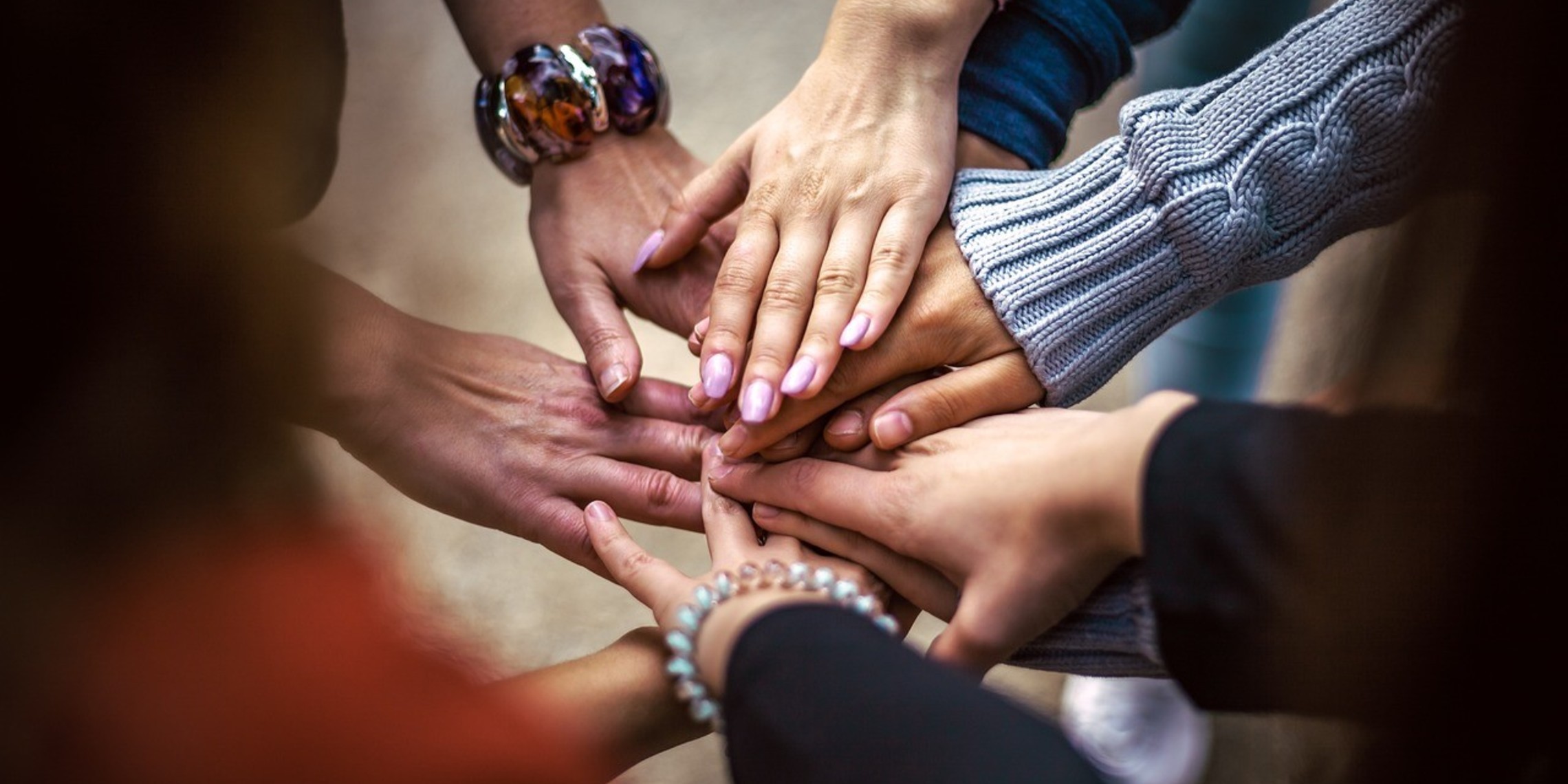Christianity has always been the religion of little people and little things. Or, better stated, it is the religion of things which seem small and insignificant, but are actually grand and vital. Jesus announces that the disciple who gives even just a cup of cold water to a child “will surely not lose his reward” (Matthew 10:42). Similarly, Christ declares that the poor widow who put only two small coins into the temple treasury “put in more than all the other contributors” (Mark 12:43). This theme permeates the Gospels; the little things that men scoff at are often the things of God. With this in mind, it is fitting that Jesus Christ, in profound meekness, makes Himself really present to us in the sacrament of the Eucharist. The non-believer sees only a small piece of bread and a sip of wine, not even enough to content the stomach. The Catholic faithful, however, know this sacrament to be the Body, Blood, Soul, and Divinity of our Lord, Jesus Christ; and He is enough to content the soul for all eternity. The feast of Corpus Christi is the celebration of Christ’s true presence in the Holy Eucharist.
At the Last Supper, Jesus made Himself quite clear. He “took the bread, said the blessing, broke it, and gave it to [His disciples], saying, ‘this is my body, which will be given for you; do this in memory of me’” (Luke 22:19). However, some of the disciples didn’t yet understand the gravity of what actually occurred during the Last Supper. In addition, the betrayal and violence which took place over the next several hours left many of the disciples scared, confused and ashamed. But the institution of the Holy Eucharist at the Last Supper was not to be forgotten – the resurrected Jesus made sure of this. On the very day that He rose from the dead, Jesus appeared to two of His disciples, but “their eyes were prevented from recognizing Him” (Luke 24:16). Then, the resurrected Lord “took bread, said the blessing, broke it, and gave it to them. With that their eyes were opened and they recognized Him, but He vanished from their sight” (Luke 24:30-31). The two disciples returned to the others and reported that Jesus “was made known to them in the breaking of the bread” (Luke 24:35). This beautiful encounter with the risen Christ displays how eager Jesus was to remind His followers of His real presence in the Holy Eucharist. In fact, the Gospel of Luke suggests that this re-enactment of the Last Supper was the first thing that Christ set out to do after He rose from the dead.
Catholics today, in unison with the early Church, believe in the doctrine of transubstantiation. This is to say that the bread and wine presented at the altar become Christ’s body and blood, and only the appearance of bread and wine remain. St. Ambrose (340 – 397 A.D.) proposes this question to those who doubt: “Could not Christ’s word, which can make from nothing what did not exist, change existing things into what they were not before? It is no less a feat to give things their original nature than to change their nature” (CCC 1375). Here St. Ambrose points out that the God who created the universe from nothing can certainly change bread into His body, if He wills it. An honest reading of the Scriptures and a glance at the 2,000 year-old Tradition of the Church displays that God does in fact will being really present to us in the Holy Eucharist. This seemingly little thing has always been an indispensable pillar of the Christian faith.
For reflection: Are there other times (found in Scripture or in our own lives) that the Lord calls us to look deeper than the outside appearances of things?
Written by: Curtis Gross, Seminarian in the Archdiocese of Cincinnati
More News...
Grandparents' Day
Grandparents’ Day at SMOY was a heartwarming and joyful celebration filled with love, laughter, and faith. The students attended Mass with their grandparents before...Read more
Welcome Retreat Weekends
Welcome is a Spiritual Renewal process for men and women that St. Margaret of York Parish hosts in November each year.
Retreat weekends...Read more






